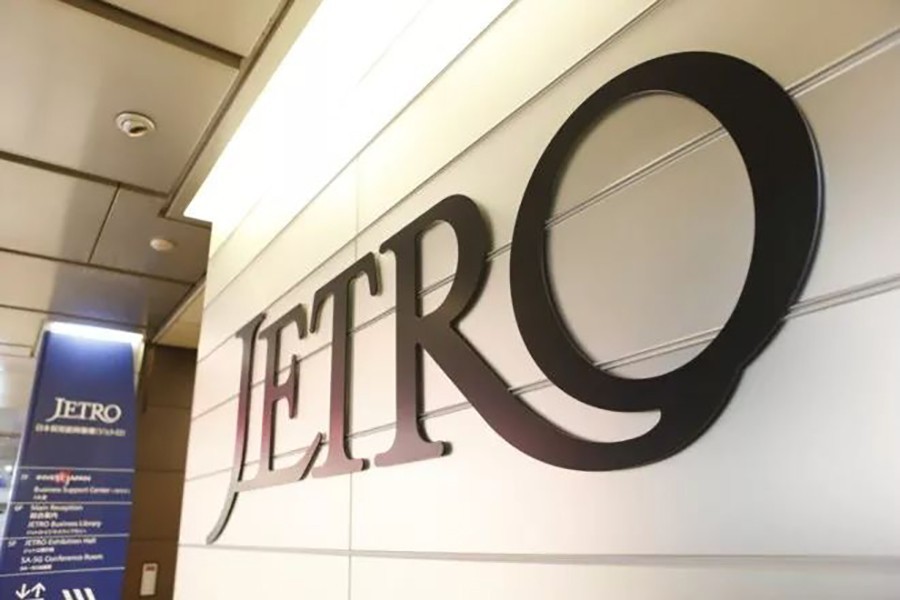Most of the Japanese companies operating in Bangladesh have expansion plans for 2022 and 2023 though they are facing difficulties in running their businesses here, according to a latest survey report.
The companies reported complexities in rules and regulations as well as in loan processing, taxation, wage compliance, and getting skilled manpower.
According to the latest annual survey of Japan External Trade Organisation (JETRO), 68 per cent of the 50 Japanese companies interviewed in 2021 expressed their willingness to expand business this year and in 2023. Some 45.5 per cent of them were in the manufacturing sector.
The companies interested in expanding the business were 27.2 per cent higher than that of 2020 when Bangladesh was the top choice of the Japanese companies.
However, in the latest survey, Bangladesh became their second top choice after India in the Asia and Oceania region with 'minor difference', JETRO Chief Representative Yuji Ando said.

He said the business interest in Bangladesh will grow in the coming years as many Japanese companies started visiting the country with the relaxation of travel restrictions since March 1 last.
"This shows how large interest the Japanese companies have for Bangladesh as the situation improved substantially this year as compared to last year," he told the FE over phone on Saturday.
The Japanese special economic zone in Narayanganj is also expected to be ready for investment next year.
The survey 2022 on Business Conditions of Japanese Companies Operating in Asia Oceania was released in Japanese language on December 6 last year and is now being translated into English.
The survey interviewed 4,587 companies during August-September last year and found that India is on the top of interest by the Japanese companies for business expansion as the findings were shared at a seminar here recently.
It showed that 70 per cent of 278 Japanese companies in India have expansion plans while 26 per cent had no plan of expansion. In the case of Bangladesh, the rate is 68 per cent and 24 per cent respectively.
The survey found 6.0 per cent of the companies expressed shrinking their businesses in the country with 2.0 per cent companies planning either transferring to another country or withdrawal from Bangladesh.
The number of Japanese companies in Bangladesh increased to 110 in 2020 from 24 in 2008.
In the latest survey, the companies considered competitive human resources, export-oriented and backward linkage industries with a huge domestic market for consumer goods, infrastructure development and public-private partnership as opportunities for investment in the country.
But 67.4 per cent companies considered lack of quality employees, time consuming and complicated customs procedures and complexities in outbound remittance are among major challenges for them.
However, the survey found improvement in customs procedures as the complaints came down to 46 per cent in 2021 from 56.1 per cent in 2020.
Some 60.9 per cent companies considered wage hike across all industries as a challenge to business expansion in 2021, which was 48.5 per cent in 2020.
Some 61.9 per cent Japanese companies in the manufacturing sector found cost increase in procurement and difficulty in local procurement of raw materials and parts are the major challenges for them to do business in Bangladesh.
The survey found changes in the global trading environment, particularly due to the souring US-China trade relations, had a positive impact on their business in Bangladesh.
Due to the Covid-19 situation, the overall business confidence of Japanese companies in 2020 fell in all countries including Bangladesh.
The JETRO survey 2020, however, found Bangladesh on the top among 20 countries in Asia and Oceania for taking the highest days of customs clearance.
It found average import customs clearance was 12.8 days in Bangladesh. The highest 14.3 days were needed to get clearance of imported items through sea route and 8.1 days through air.


